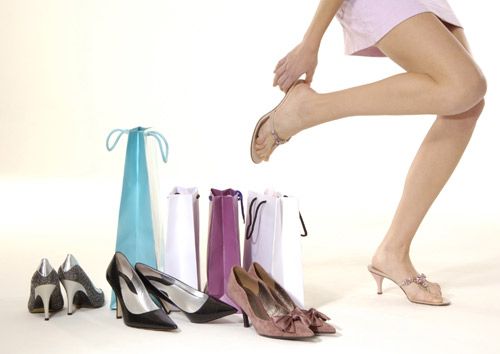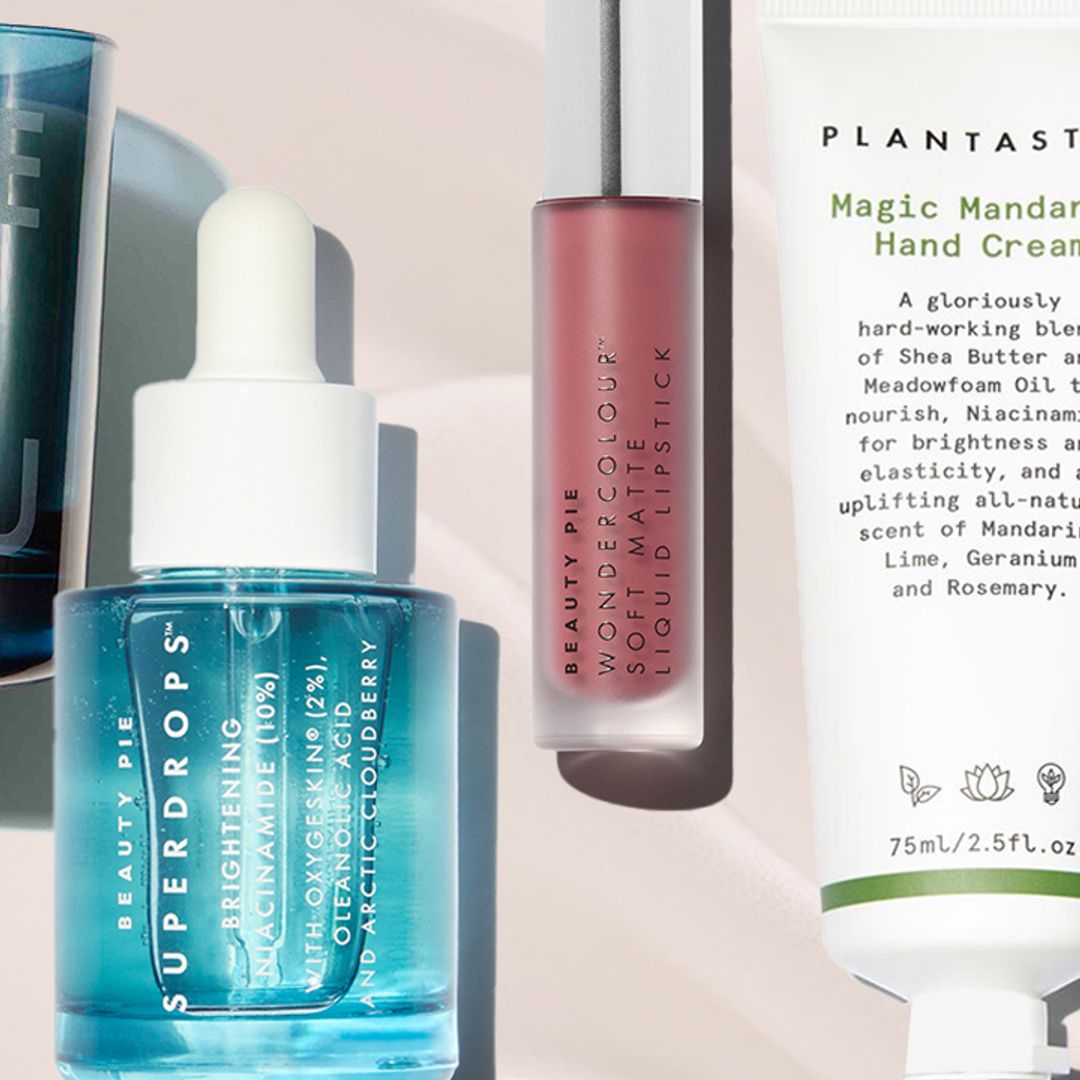They are, almost literally, the foundation of good health, but all too often we only really think about our feet when there's already a problem. After being wrapped up tight all winter long, feet take a breather in the summer when we swap heavy winter shoes and boots for cool and comfortable sandals. Whatever the time of year, though, the shoes we choose are the basis of healthy feet and good posture, and we can avoid many problems by making the right choices.
According to a recent study published in Arthritis Care & Research, 60% of women suffer foot pain due to high heels and fashion sandals, and the American Podiatric Medical Association has revealed that four out of ten use high heels every day. It might seem less of a problem for men, but, quite simply, most people are unaware of what to look for when it comes to buying footwear. The problems resulting from forcing our feet to adapt to our shoes include back pain, joint pain, and even headaches. Pedro Cosculluela, orthopaedic surgeon at the Houston Methodist Hospital, affirms that the main problems are caused by heel height and shoes that are too narrow across the toes. The internet consumer portal Pixmania has put together the following advice and notes for shoe buyers to help ensure footwear doesn't cause health problems:
- The front part of the shoe should be flexible so that it bends with the toe joints. Platform soles may be high fashion, but they are usually too stiff to flex; in addition, many of them compress the toes.
- Not all shoes give with wear, so it's important not to buy them too tight.
- Shoes should be rounded so that they adapt to the shape of our feet and not vice versa.
- For daily use or for walking, three centimetres is the maximum advisable heel height. High heels change body posture, throwing the weight forward and causing neck problems.
- The sole should be thick enough to absorb the shock as we walk and cushion the impact on joints.
- To avoid falls and accidents, a non-slip sole is best.









